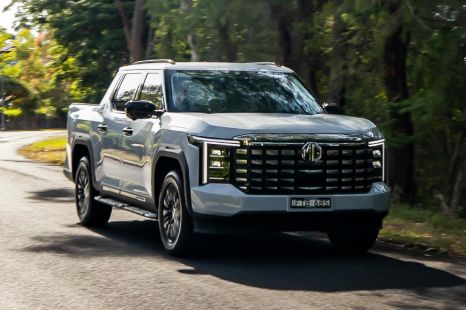

Matt Campbell
2026 MG U9 review
2 Hours Ago
Bosch has started producing a new electric drive unit for LCVs, and is testing a fuel-cell in a modified VW Crafter van.

Contributor
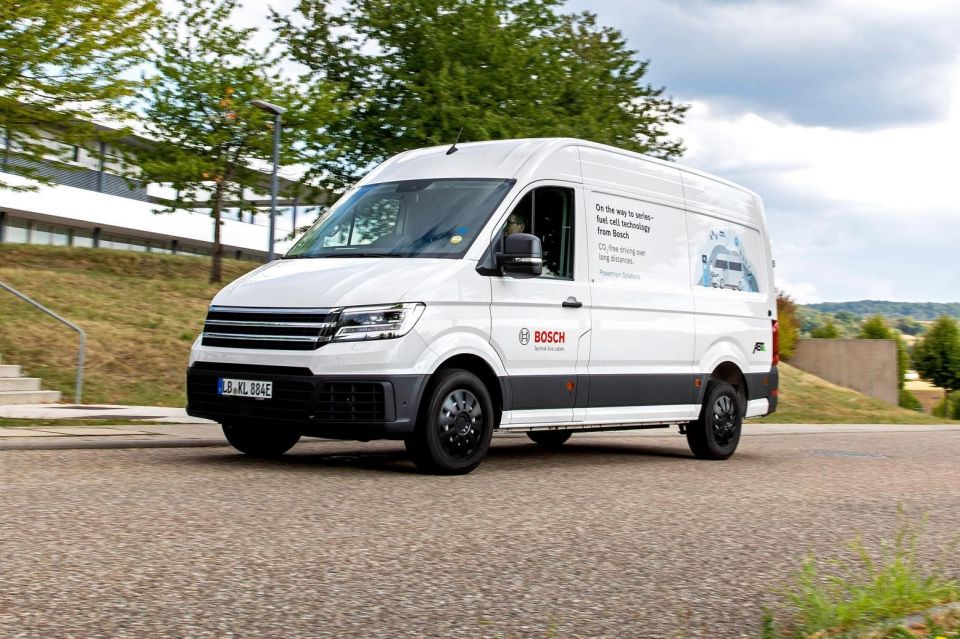

Contributor
German tier 1 supplier Bosch is broadening its zero-emissions light commercial vehicle (LCV) technologies by investing in both battery-electric (BEV) and hydrogen fuel-cell (FCEV) powertrains.
Bosch said this week it had started volume production of a new electric drive unit for vans and mid-sized trucks, consisting of an electric motor and an integrated inverter which provides a connection to a high-voltage battery pack.
The LCV electric drive unit is based on existing technology used in the passenger car segment.
This Bosch-developed electric drive unit will be produced at its Hildesheim, Germany plant and is set to debut in a Daimler truck of some variety at an unknown date, supplemented by a DC/DC converter and a vehicle control unit from Bosch.
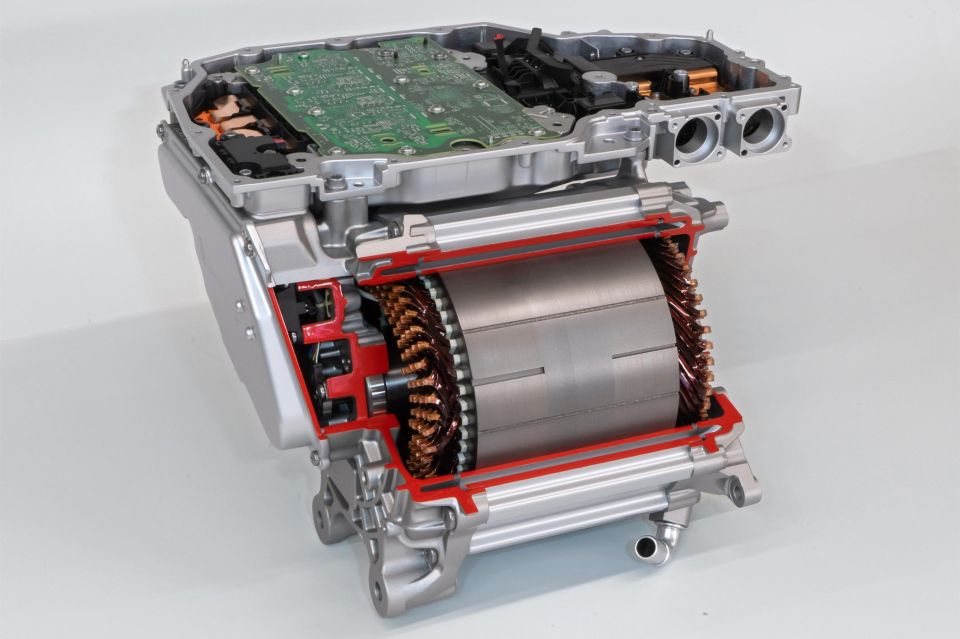
One potential Daimler truck this electric drivetrain could debut in is the new-generation Mitsubishi eCanter light-duty truck set to go into production in mid-2023.
This new electric drive unit can produce a maximum of 129kW of power, with continuous power of 100kW, and peak torque is 430Nm of torque.
Bosch claims even in a vehicle that weighs 8.5 tonnes it will have “superior driving performance in every situation”.
The German supplier says the electric motor and inverter weighs around 80kg, and says due to “flexible construction” it can integrated into existing and new vehicle models.
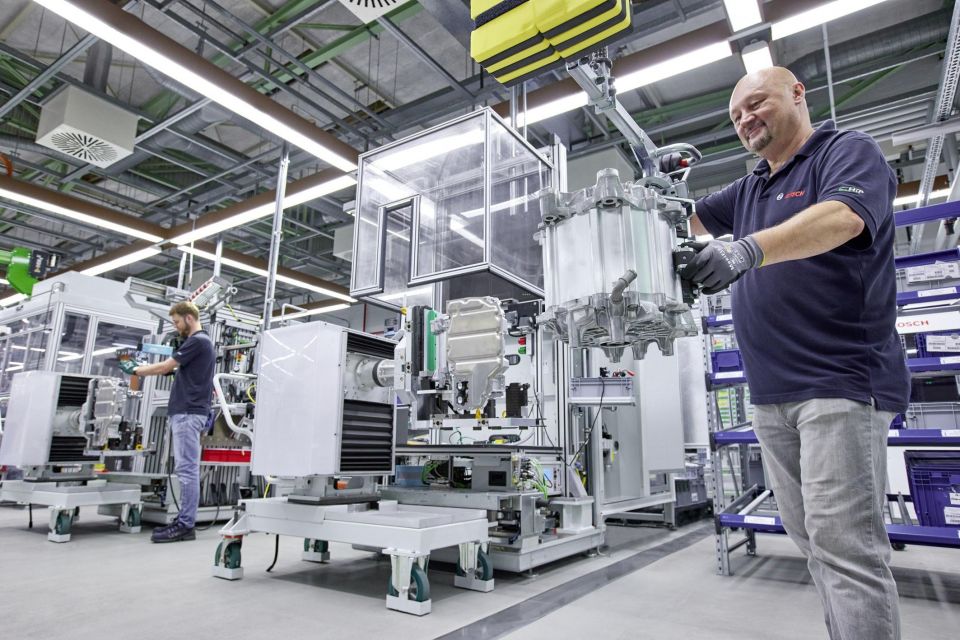
Also thanks to new semiconductors, Bosch claims an inverter efficiency level of 97 per cent, thereby increasing the vehicles’ range.
“Bosch is driving forward e-mobility and also in commercial vehicles,” said Bosch board of management member Dr. Markus Heyn.
“Compared to its predecessors, the new unit provides even higher power and torque density and is even lighter and more compact.”
Battery-electric vehicles are locally emission-free and contribute to better air quality and reduce noise pollution, but when the vehicles get heavier and the journeys become longer, the strengths of a hydrogen fuel-cell comes into play.
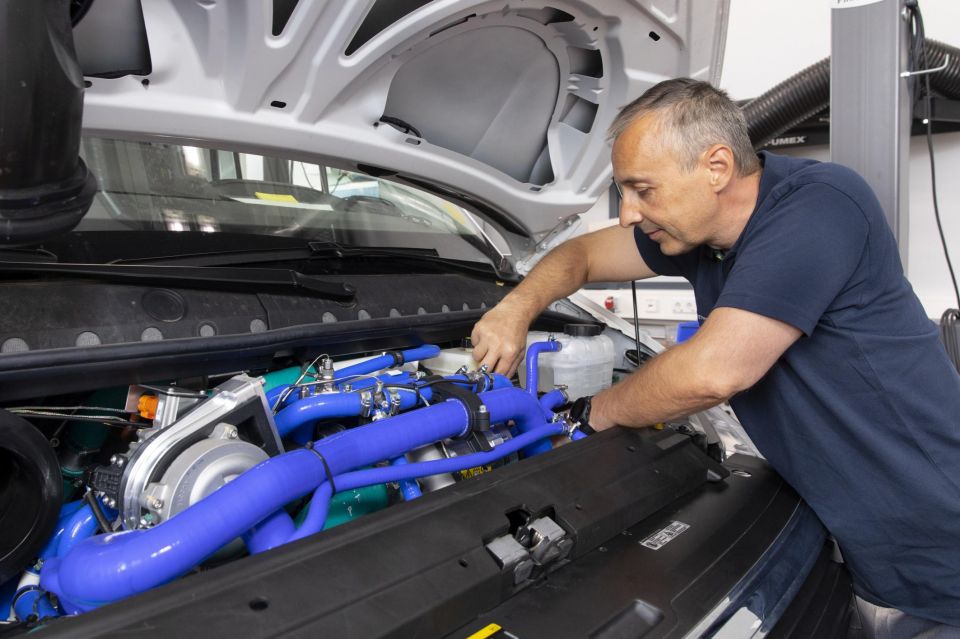
Bosch is also currently testing two demonstrator Volkswagen Crafter vans fitted with hydrogen fuel-cell components in partnership with German electromobility company ABT eLine.
Consisting of largely Bosch-development components, the hydrogen fuel-cell drive unit in the two test vans comprises a fuel-cell stack, anode supply module, a “large number of sensors”, as well as five storage tanks with a total capacity of over 10kg of hydrogen.
Bosch claims that even when loaded the test vehicles can travel up to 540km and can be fully refuelled in six minutes.
“We need as much data as possible from real driving operations to develop the system further,” said Bosch Powertrains Solutions president Dr. Uwe Gackstatter.
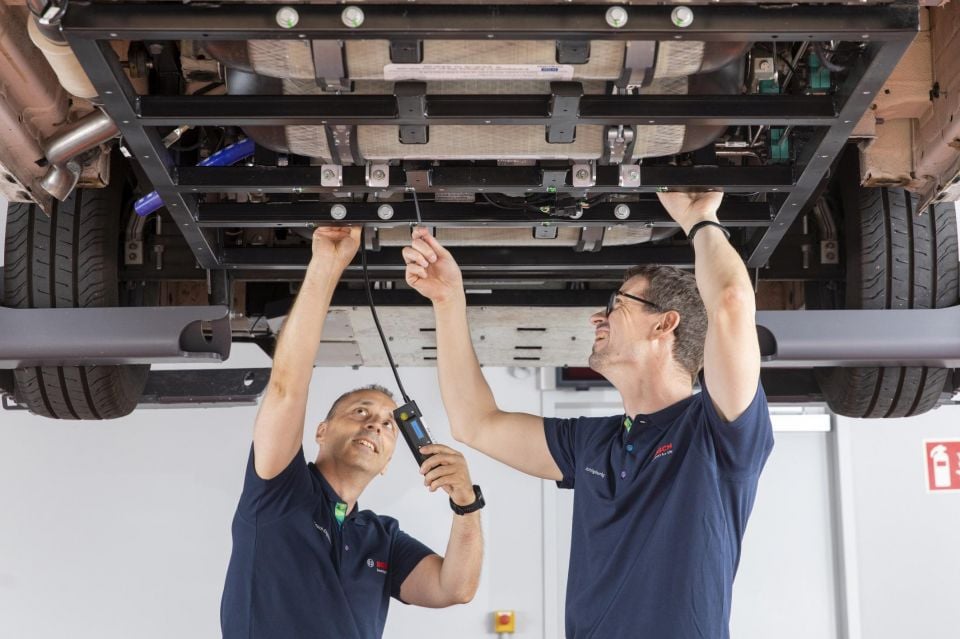
Bosch will show off and demonstrate the technology these two FCEV test vans at the upcoming IAA Transportation show in Hanover, Germany, which runs from September 20 to 25.
Hydrogen fuel-cell technology is currently seen as a burgeoning technology that’s understood to be most viable in large-scale, commercial uses.
Automakers such as Toyota, BMW, Hyundai and Land Rover are currently seen as backers of the technology.
In contrast, Mercedes-Benz has moved away from hydrogen in all but its heavy commercial vehicles, and the respective heads of Volkswagen and Tesla, have previously labelled FCEVs as a distraction.

There are currently only a couple of publicly-available hydrogen refuelling stations in Australia. One is operated by Toyota in Altona, Victoria, and another is operated by ActewAGL in Canberra. Both serve government or council fleets of passenger cars.
Victoria, New South Wales and Queensland recently announced they are collaborating on a renewable hydrogen refuelling superhighway to connect the country’s eastern seaboard.
Up to six stations are being developed in Queensland, each of which is led by a different company. One of these stations is going to be a BP truck stop at the Port of Brisbane.
The Albanese Federal Government also has a Hydrogen Highway plan, to deliver hydrogen refuelling stations along Australia’s busiest freight routes to support fuel-cell trucks.
Jack Quick is an automotive journalist based in Melbourne. Jack studied journalism and photography at Deakin University in Burwood, and previously represented the university in dance nationally. In his spare time, he loves to pump Charli XCX and play a bit of Grand Theft Auto. He’s also the proud owner of a blue, manual 2020 Suzuki Jimny.


Matt Campbell
2 Hours Ago
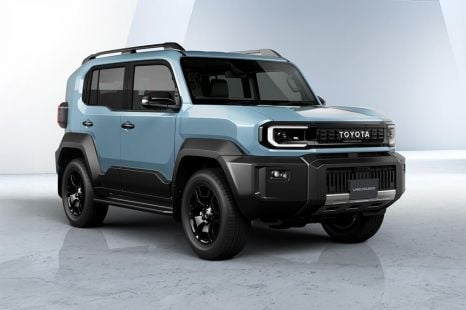

William Stopford
18 Hours Ago
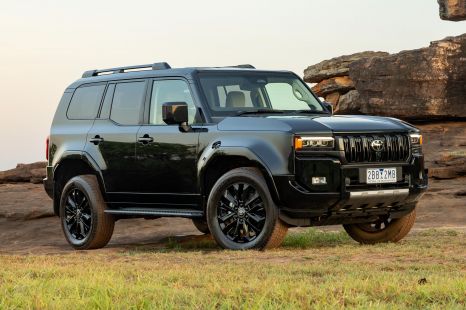

Josh Nevett
19 Hours Ago
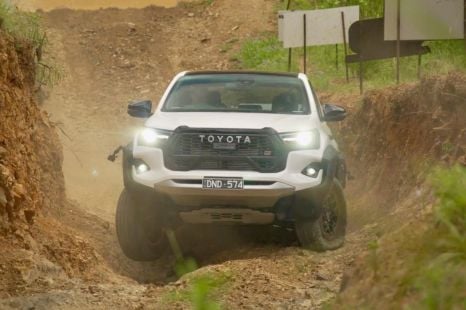

Ben Zachariah
1 Day Ago
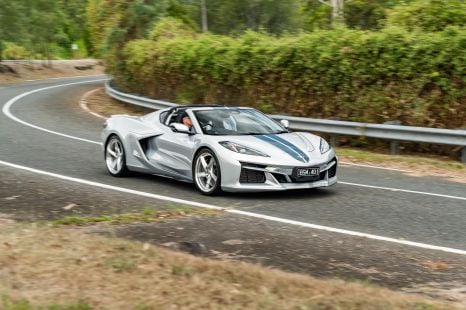

CarExpert.com.au
2 Days Ago
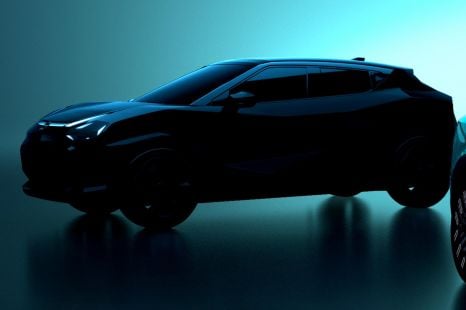

Damion Smy
2 Days Ago